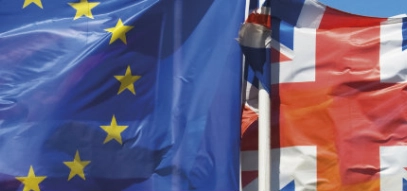Learn More

Guidebook to the EAR
Our guidebook explores the baseline measures of the EAR and offers relevant insight into how to respond to the changes.
After the financial crisis of 2008, it became essential to restore investors’ confidence in audits by eliminating conflicts of interest, ensuring independence, providing sound supervision and facilitating greater competition in what is an overly concentrated audit market. In addition, EAR sought to ensure that the role of statutory auditors was clarified and upheld as they facilitated a more vibrant audit marketplace, and to make it more accessible for new firms to participate.
Although corporate history is replete with examples of financial malfeasance, the European Commission (EC) determined that in this instance, auditors played a part. Under ideal circumstances, auditors are mandated to identify potential problems, and then communicate their findings to shareholders so they can make informed decisions as to whether or not to continue investing in the company’s shares. The audit’s essential purpose is to introduce a level of professional scepticism. Instead, the EC discovered that, in some cases, conflicts of interest were high, and auditors failed to detect errors, compromising the quality of audits.
In addition, with the consolidation of the audit market over the past several years, it severely limited the possibility for new firms to enter the marketplace, thereby challenging the prospects for innovation that are vital to the ongoing growth, health and professionalism of any industry.
The publication of the Green Paper in 2010 entitled "Audit Policy: Lessons from the Crisis” helped materialize the EAR’s objective. Constituting a stepping stone, it set off a three-year legislative process that has led to the adoption of a new Regulation and amended Directive:
Smooth implementation at Member State level will be vital to ensure a secure environment in which:
This website uses cookies.
Some of these cookies are necessary, while others help us analyse our traffic, serve advertising and deliver customised experiences for you.
For more information on the cookies we use, please refer to our Privacy Policy.
This website cannot function properly without these cookies.
Analytical cookies help us enhance our website by collecting information on its usage.